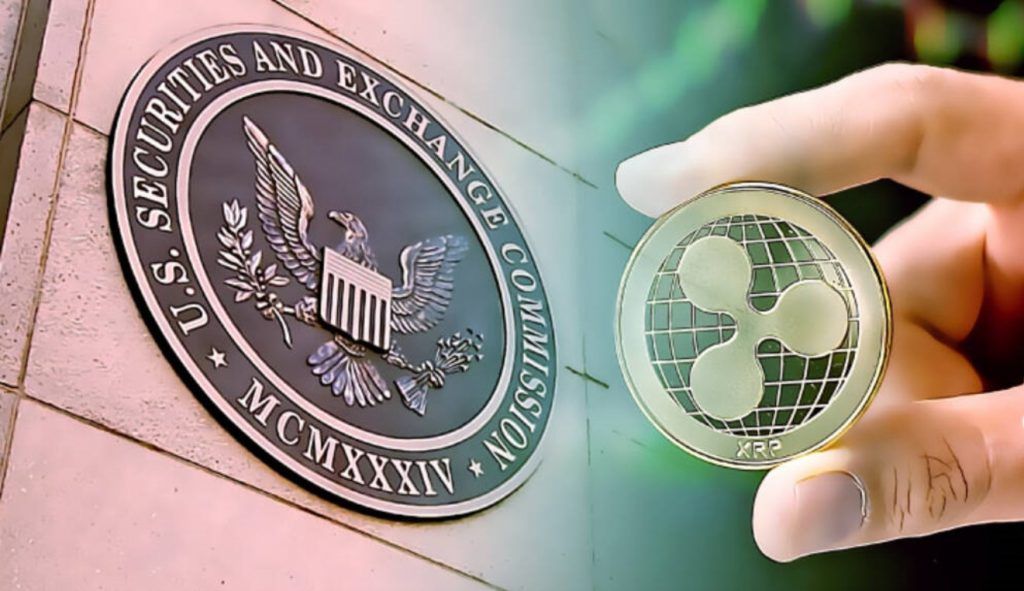“Whether or not XRP is a security shall not be dictated by one lawsuit. The SEC is the governor of that. I think it is very clear that XRP is not a security. It exists independently of Ripple the company. If Ripple,the company shut down tomorrow, XRP will continue to exist.” -Brad Garlinghouse, the CEO of Ripple
In later news for the ever developing buzz of cryptocurrency, blockchain project Ripple is prepared to go to trial after denying settling a lawsuit with the SEC. A multitude of crypto projects are getting commercial and political attention, as more businesses accept the digital currencies alongside smaller countries pursuing adoption of the tender in the steps of El Salvador. Now that these technologies are making their mark on the world of finance -completely changing the industry- governments are doing what they do best and getting their hands on everything they can.

The Lawsuit
On December 22, 2020, The SEC announced the filing of an action lawsuit against Ripple. Alleging that they, and two executives in particular, had illegally raised $1.3 Billion in their ICO of their native currency XRP. The SEC has labeled the XRP ICO (initial coin offering) as a security offering.
Securities have to be registered in order to operate in accordance with the SEC. Since no cryptocurrency ICOs had been registered with the SEC, any of these that were seen as a security were starting to come into the agency’s focus. Ripple caught their eye especially, over similar blockchains; speculatively due to their success and integration into contemporary finance. The network sees this as an attack not only on Ripple, but on the successful cryptocurrency and blockchain community as a whole, seeing that cryptocurrencies are clearly not securities.
Currency or Security?
The question now is whether XRP in the alleged unregistered securities offering is a currency or a security. In 2015, FinCEN (The Financial Crimes Enforcement Network) declared XRP as a currency, not a security, when they fined Ripple for not registering with FinCEN and not providing the required protective programs against money laundering and financial terrorism. An issue that was quickly and responsibly resolved, else Ripple would have a hard time exchanging at the level it does today.
FinCEN used this wording (currency) when bringing the case against Ripple. The SEC is trying to label an already labeled currency as something it’s not. The opening quote explains it best: “Whether or not XRP is a security shall not be dictated by one lawsuit. The SEC is the governor of that. I think it is very clear that XRP is not a security. It exists independently of Ripple the company. If Ripple,the company shut down tomorrow, XRP will continue to exist.” -Brad Garlinghouse, the CEO of Ripple.
Ripple:
Ripple is one of the pioneers in the world of Decentralized Finance. Coming to the stage in 2012, the developers at Ripple Labs, Inc. set out to bring the IOV (Internet of Value) to fruition. Their vision is to see the technology in action that can move money like information can be moved, putting exchangeable value on everything. They, like any DeFi project, offer a variety of financial tools and opportunities.

The Ripple Network operates on a decentralized, peer-to-peer system. Development and innovation operate on an open source protocol, where anyone can build and use different financial tools on the network. The Ripple Ledger is transparent, fast and interoperable. They bring solutions to current and advancing financial systems out there, allowing the company to be very applicable and easily integrated.
Already having a list of well-known clients, Ripple offers their systems and services in over 55 countries. Operating under the native currency of XRP, they take pride in fast transaction speeds (seconds), low costs (fractions of pennies), and a very scalable and sustainable network. Ripple is bringing opportunity and solutions to the world’s broken financial environment.
The SECs Attack on Crypto:
Another thing Ripple takes pride in is their compliance with the multitude of countries they do business in. They are diligent to follow the law and to stay in line with regulations. Ripple takes legal matters seriously.

The company and community both take this lawsuit as an attack on cryptocurrency and Decentralized Technology. Their dispute with the FinCEN was quickly and appropriately resolved, their track record shows compliance in multiple countries. This is something they’re taking personally, as many crypto enthusiasts do as well.
The SEC is noticing the quick and intensifying adoption and advancement of Decentralized Technology. It seems to many that this is an attempted money and power grab by the government agency that soon may spread to other projects if Ripple can’t stand the heat.
Crypto is a threat to central banking systems, and government authority over financial entities. If you ask an economist, what’s the difference between economics and politics? They might have a rhetorical answer at the first, saying that money controls politics, to make it simple.
Roslyn Layton from Forbes says it best, “The case has interesting parallels to telecommunications in which regulators use obsolete laws to regulate new technologies, undermining U.S. competitiveness in innovation.”
The lawsuit is a wrongful attempt at regulation and overreach. It’s good to see Ripple’s Legal Team standing strong in this battle.
Confidence for Ripple and Crypto Moving Forward:
The Network and community express confidence in moving forward with this dispute with the SEC. Other digital currencies such as Bitcoin and Ether have been recognized as currencies by the SEC, not as securities. This gives hope that they’ll see XRP as the same. Compliance is something they do well, and it’s easy to see why this is perceived as an injustice to the Ripple Network. It’s amazing to see the legal team and the community as a whole stand strong in their moving forward and standing against government infringement on competition and innovation. It will surely be fascinating to see where things go from here.




